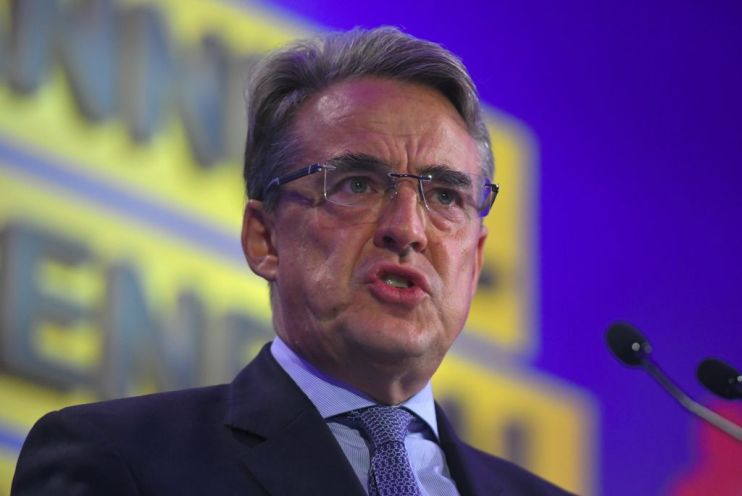Coronavirus: Global airlines body says disease will cost industry $252bn

Industry body the International Air Transport Association has more than doubled its previous estimates of the revenue damage that the coronavirus epidemic will do to the world’s airlines, now setting the figure at $252bn (£214bn).
Due to the stringent travel bans and border closures that have been implemented around the world as the result of the virus, IATA has revised its previous estimate of $113bn.
The body said that its estimate accounted for a situation in which the bans remained in place for three months.
If the figure is accurate, passenger revenue will be around 44 per cent lower for 2020 than it was last year.
IATA chief Alexandre de Juniac used the figures to reiterate his calls for a minimum of $200bn in state aid to protect the industry through the period:
“The airline industry faces its gravest crisis. Within a matter of a few weeks, our previous worst case scenario is looking better than our latest estimates.
Sign up to City A.M.’s Midday Update newsletter, delivered to your inbox every lunchtime
“But without immediate government relief measures, there will not be an industry left standing.
Airlines need $200bn in liquidity support simply to make it through. Some governments have already stepped forward, but many more need to follow suit,” he said.”
The body’s chief economist Brian Pearce warned that the liquidity crisis would affect cash-rich airline as well as weaker ones.
According to IATA data, the average airline had just two months’ worth available cash at the beginning of this year.
The new figure came as the UK government said it would not provide aid to airlines on a case-by-case basis after they had exhausted other equity raising options.
In a letter to the industry, chancellor Rishi Sunak wrote that state support would only become available once all other avenues had been explored.
Meanwhile, in the US, lawmakers are finalising a package of grants for passenger, cargo airlines and contractors worth $32bn.
The final deal is also expected to include another $29bn in loans for passenger and cargo airlines.